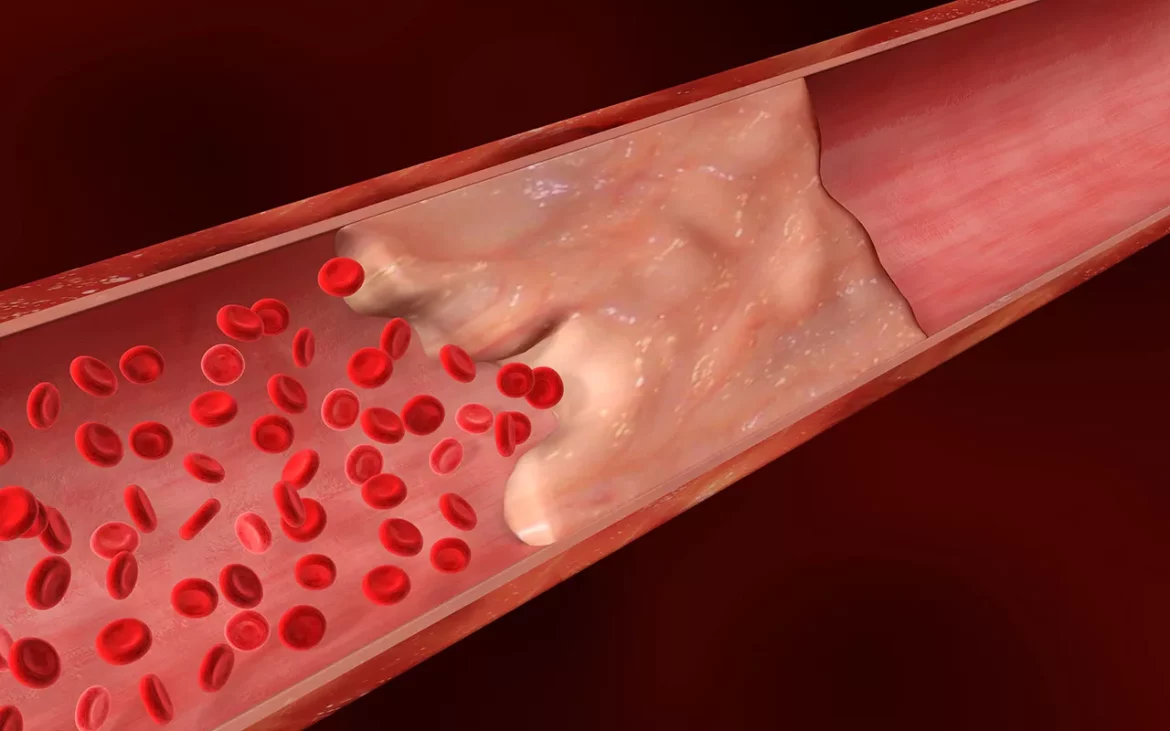Understanding your heart’s health is crucial for preventing cardiovascular diseases, and one of the tools used for this purpose is the cardiac calcium score. This score, derived from a specialized CT scan, helps determine the level of calcified plaque in your coronary arteries. A score of 0 indicates no detectable calcified plaque, but what does this mean for your overall heart health and future risk? In this article, we will delve into the significance of a cardiac calcium score of 0, how it is measured, its implications, and what steps you should take following your results.
The Basics of Cardiac Calcium Scoring
Cardiac calcium scoring is a non-invasive imaging test that helps evaluate the risk of coronary artery disease (CAD). The test involves a CT scan, specifically a coronary artery calcium (CAC) scan, which detects the presence of calcified plaque in the coronary arteries. These plaques are made up of calcium, cholesterol, and other substances found in the blood. Over time, they can harden and narrow the arteries, potentially leading to heart attacks or other cardiovascular events.
The results of the scan are given as a calcium score, which reflects the total amount of calcified plaque in the coronary arteries. The scores are categorized as follows:
0: No detectable plaque
1-10: Minimal plaque
11-100: Mild plaque
101-400: Moderate plaque
Over 400: Extensive plaque
Interpreting A Cardiac Calcium Score of 0
A cardiac calcium score of 0 indicates that there is no detectable calcified plaque in the coronary arteries. This is often interpreted as a sign of a low risk of having a heart attack or developing coronary artery disease in the near future. However, it’s important to understand that a score of 0 does not mean zero risk, but rather a lower risk compared to individuals with higher scores.
Implications of A Cardiac Calcium Score of 0
Low Short-Term Risk
A score of 0 is generally associated with a very low risk of heart attack or major cardiovascular events within the next 5-10 years. Studies have shown that individuals with a calcium score of 0 have an annual risk of cardiovascular events as low as 0.1-0.2%. This makes it a reassuring result for those concerned about their immediate heart health.
No Need for Aggressive Treatment
For individuals with a calcium score of 0, aggressive treatments like statins or invasive procedures are usually not necessary.
Instead, doctors may recommend lifestyle changes and regular monitoring to maintain heart health. These changes include a healthy diet, regular exercise, avoiding smoking, and controlling blood pressure and cholesterol levels.
Consideration of Other Risk Factors
While a score of 0 is reassuring, it’s important to consider other cardiovascular risk factors that might not be detected by calcium scoring. These include:
Family History: A strong family history of heart disease can increase your risk even if your calcium score is 0.
Cholesterol Levels: Elevated cholesterol levels can still pose a risk for heart disease.
Blood Pressure: High blood pressure can contribute to the development of heart disease.
Lifestyle Factors: Smoking, poor diet, and lack of exercise are significant risk factors.
Limitations of Cardiac Calcium Scoring
Does Not Detect Soft Plaque
A calcium score of 0 means there is no calcified plaque, but it does not rule out the presence of soft plaque. Soft plaque is made up of fatty deposits that have not yet hardened. These can still cause blockages and lead to cardiovascular events, even though they are not detected by calcium scoring.
Age and Gender Differences
Calcium scoring is more predictive in older adults and less so in younger individuals. Women, especially younger women, may have a lower prevalence of calcified plaque compared to men, which can lead to a lower calcium score even if they have other risk factors.
Not a Complete Risk Assessment Tool
A cardiac calcium score is just one piece of the puzzle in assessing cardiovascular risk. It should be used in conjunction with other assessments like cholesterol tests, blood pressure measurements, and lifestyle evaluations to get a comprehensive view of heart health.
Steps to Take After Receiving A Score of 0
Maintain a Heart-Healthy Lifestyle
Even with a score of 0, it’s important to continue maintaining or adopting a heart-healthy lifestyle. This includes:
Healthy Diet: Emphasize fruits, vegetables, whole grains, lean proteins, and healthy fats. Avoid trans fats, excessive saturated fats, and sugary foods.
Regular Exercise: Aim for at least 150 minutes of moderate-intensity aerobic exercise per week, such as brisk walking, cycling, or swimming.
Avoid Smoking: Smoking is a major risk factor for heart disease. If you smoke, seek help to quit.
Moderate Alcohol Consumption: Limit alcohol intake to moderate levels, which is up to one drink per day for women and two drinks per day for men.
Regular Health Check-Ups
Continue to have regular check-ups with your healthcare provider to monitor other potential risk factors for heart disease.
This includes checking blood pressure, cholesterol levels, and blood sugar levels.
Stay Informed and Proactive
Stay informed about your heart health and be proactive in managing any changes. If you have a family history of heart disease or other risk factors, discuss them with your doctor to determine if additional tests or preventive measures are necessary.
Conclusion
A cardiac calcium score of 0 is a positive result, indicating no detectable calcified plaque in the coronary arteries and a low risk of heart attack or other major cardiovascular events in the near term. However, it’s important to continue monitoring your overall heart health and maintain a healthy lifestyle to manage other potential risk factors. Regular check-ups and staying informed about your heart health can help you stay on track and reduce your risk of developing cardiovascular disease in the future.
Remember, a score of 0 is not a guarantee of zero risk, but it is a strong indicator of low risk, providing peace of mind and a foundation for maintaining a heart-healthy life.

